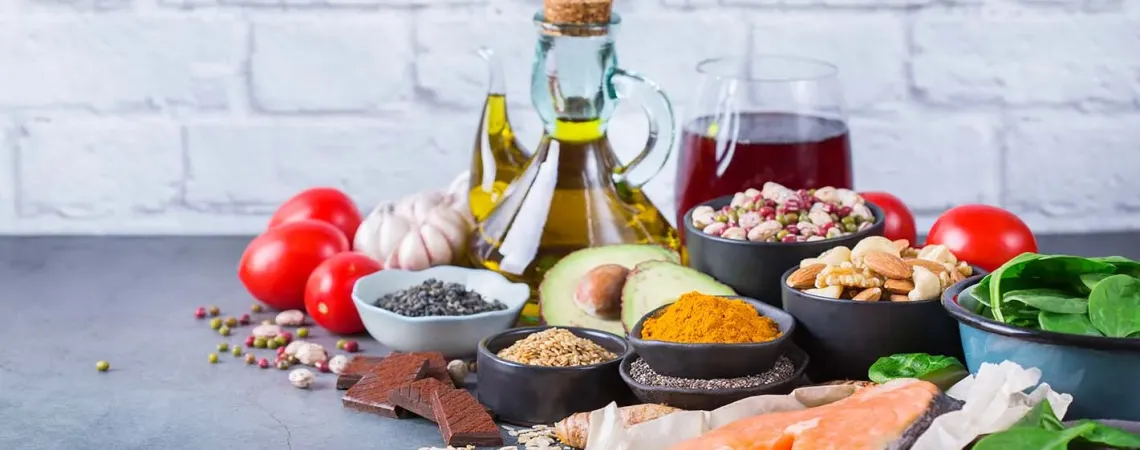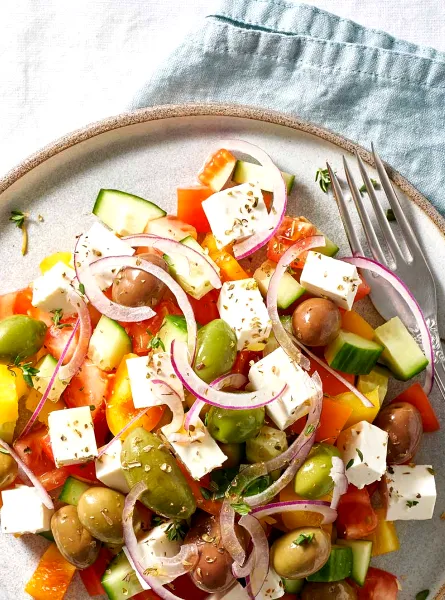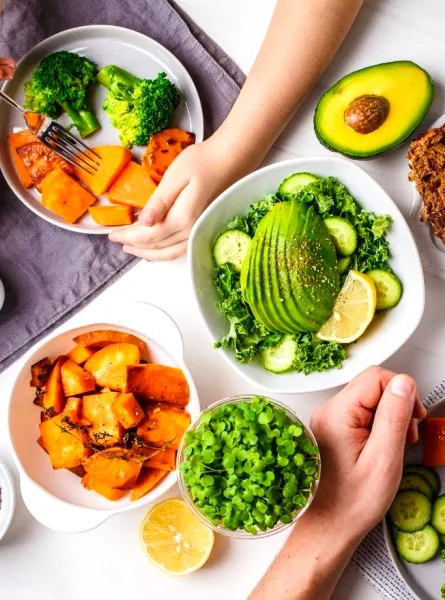
Have you just learned that your cholesterol levels are too high? Don’t worry! While the word "cholesterol" might seem alarming, it’s possible to manage it effectively with a few simple lifestyle adjustments. Let’s explore how together.
What Exactly is Cholesterol?
Cholesterol is a fatty substance essential for the proper functioning of your body. However, an excess of cholesterol in the blood can increase the risk of cardiovascular diseases. The key is understanding how "good" and "bad" cholesterol interact in your body.
The Two Types of Cholesterol
- Bad Cholesterol (LDL): LDL is often called "bad" because it can build up in your arteries, forming plaques that gradually block them. This increases the risk of heart attacks and strokes.
- Good Cholesterol (HDL): HDL, on the other hand, is the "good" cholesterol. It helps clear excess LDL by transporting it to the liver, where it is eliminated. Having more HDL is beneficial for your health.
How to Improve Your Cholesterol Levels
It’s not about changing everything overnight. Rather, it’s about making a few simple adjustments to your diet and lifestyle. Here’s how:
1. Prioritize Soluble Fibre
Soluble fibre, found in foods like oats, legumes, and certain fruits, acts like a sponge by capturing cholesterol in the intestine, preventing its absorption. Regular consumption of soluble fibre can help reduce your LDL levels.
Simple ideas:
- Start the day with a bowl of oatmeal with apples and chia seeds.
- Add lentils to your soups or salads for a fibre-rich meal.
- Blend flax seeds with fruit and soy milk for a nutritious smoothie.
2. Choose Plant-Based Proteins
Plant-based proteins, like those found in tofu, legumes, and tempeh, are low in saturated fat and help reduce cholesterol absorption thanks to their fibre content. Try incorporating these foods into your meals.
Suggestions:
- Marinate tofu with herbs and add it to a salad or pasta.
- Replace ground meat with textured vegetable protein or tempeh in your favourite recipes, like Sloppy Joes.
- Prepare a fresh legume salad with herbs and vegetables. Not a fan of the texture of legumes? Try our carrot and lentil muffins!
3. Add Nuts to Your Diet
Nuts are an excellent source of unsaturated fats, fibre, and phytosterols, which help reduce LDL cholesterol. A handful of nuts a day can make a big difference.
Ideas:
- Carry a mix of nuts (almonds, cashews, Brazil nuts) for an on-the-go snack.
- Add chopped nuts to your bowl of Greek yogurt with a bit of honey.
- Sprinkle a spinach and red cabbage salad with pecans for extra crunch.
4. Opt for Healthy Fats
Not all fats are equal. Saturated and trans fats, found in fatty meats and processed foods, raise LDL cholesterol and can harm your cardiovascular health. To protect your heart, replace them with healthy fats, like unsaturated fats and omega-3s, which are found in fatty fish, nuts, and certain vegetable oils.
Tips for making better choices:
- Replace butter with olive or canola oil in your recipes.
- Swap red meat for fatty fish like salmon, mackerel, or sardines at least twice a week.
- Add ground chia or flax seeds to your salads, yogurts, or muffins for an extra boost of omega-3s.
Discover More Recipes Suited to Your Needs!
To find meal ideas that meet your dietary needs and preferences, visit our recipes section and use the "cholesterol" filter. You'll find tasty and easy-to-prepare dishes that will help you manage your cholesterol on a daily basis.
Additional Tips for Better Cholesterol Management
- Incorporate Phytosterols: Phytosterols, found in plants, reduce cholesterol absorption. For optimal effect, a supplement of 2g per day may be recommended. Consult your healthcare professional (nutritionist, pharmacist, or doctor) to see if this is an option for you.
- Get Moving: Integrating physical activity into your daily routine is a great way to help manage your cholesterol. Every little bit counts: choose the stairs instead of the elevator, take a brisk walk after meals, or try cycling for your commute.
- Limit Added Sugars: Reduce your sugar intake to less than 50 g per day to better manage your cholesterol. Opt for fresh fruit-based desserts or sugar-free alternatives.
- Limit Alcohol and Tobacco: Minimize your alcohol and tobacco consumption. Try mocktail recipes or explore relaxation alternatives. Every little effort counts!
For Personalized Support
Changing your dietary habits and lifestyle can be easier with a bit of help. A dietitian can offer personalized support to guide and assist you in achieving your health goals. Don’t hesitate to make an appointment with a registered dietitian for tailored guidance that meets your needs!





